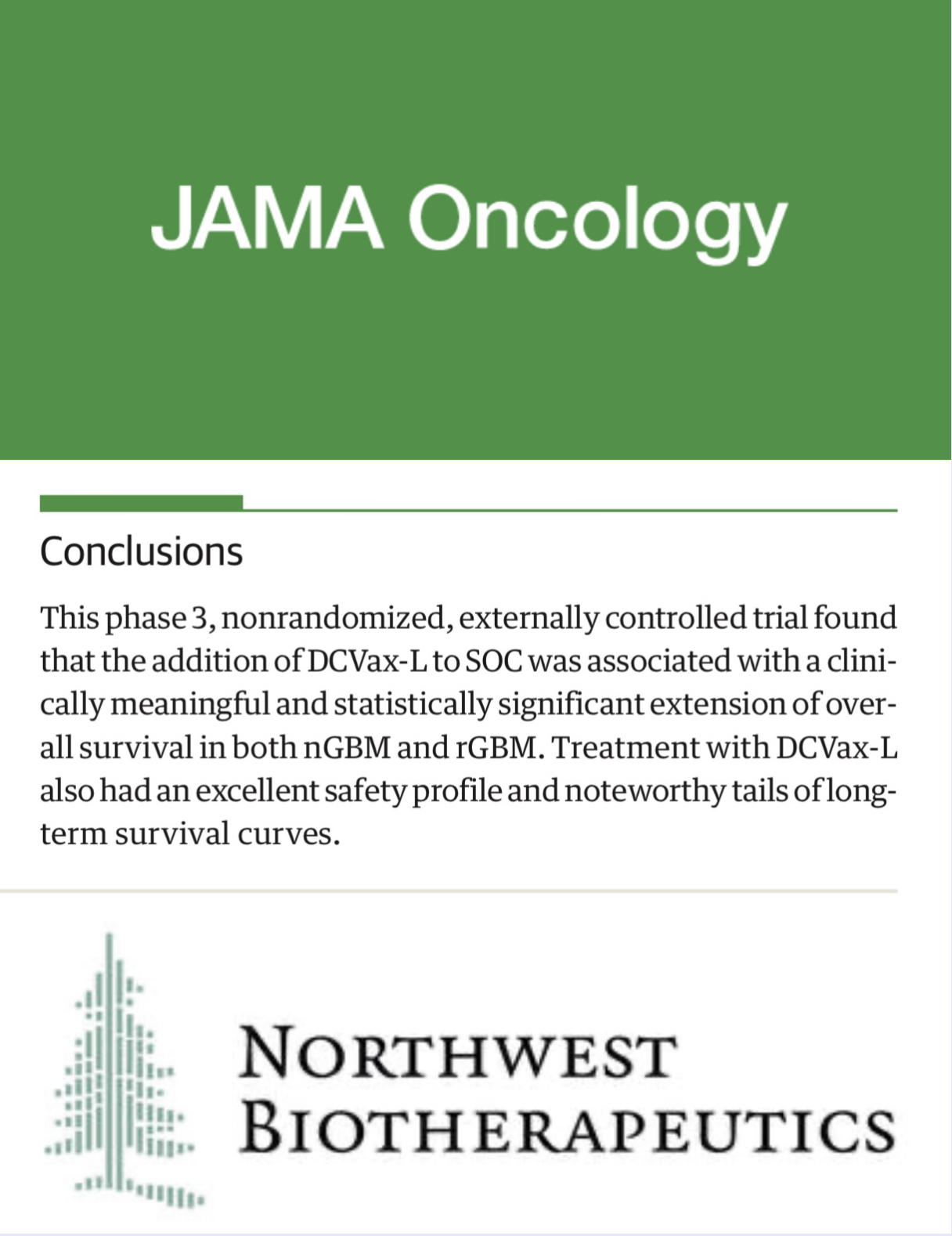Management of Adult Acute Lymphoblastic Leukemia: A Review.
IF 22.5
1区 医学
Q1 ONCOLOGY
引用次数: 0
Abstract
Importance Research in acute lymphoblastic leukemia (ALL) is translating into rapid changes in therapy and outcomes. Historically, adult ALL was treated with intensive chemotherapy extending over 2.5 to 3 years. This established tradition, accepted because of the high cure rates in childhood ALL, has been challenged by the development of highly active targeted therapies. Observation Treatment modalities, combined with less and shorter chemotherapy durations, have produced better results than chemotherapy. The novel therapies include using the more potent BCR::ABL1 tyrosine kinase inhibitors (eg, ponatinib, dasatinib) with the bispecific CD3-CD19 T-cell engager antibody blinatumomab in Philadelphia chromosome-positive ALL and combining blinatumomab and/or inotuzumab (CD22 antibody drug conjugate) with standard chemotherapy in B-cell ALL. These have been associated with improved 4-year survival rates of 85% to 90% in Philadelphia chromosome-positive ALL and 80% to 85% in B-cell ALL. Conclusions and Relevance The management of ALL is changing rapidly. Investigators have evaluated frontline and later-line regimens with combinations of tyrosine kinase inhibitors and immunotherapies with less or no chemotherapy. Future research will evaluate CD19, CD20, and CD22 multitargeting antibodies and chimeric antigen receptor T-cell therapies, new antibody formulations, and less intensive/shorter regimens.成人急性淋巴细胞白血病的治疗:综述。
急性淋巴细胞白血病(ALL)的研究正在转化为治疗和预后的快速变化。从历史上看,成人急性淋巴细胞白血病的治疗是持续2.5至3年的强化化疗。由于儿童ALL的高治愈率而被接受的这一既定传统,已受到高度活跃的靶向治疗发展的挑战。观察治疗方式结合化疗时间短、时间短,效果优于化疗。新的治疗方法包括在费城染色体阳性ALL患者中使用更有效的BCR::ABL1酪氨酸激酶抑制剂(例如,ponatinib, dasatinib)和双特异性CD3-CD19 t细胞参与抗体blinatumumab,以及在b细胞ALL患者中联合blinatumumab和/或inotuzumab (CD22抗体药物偶联物)与标准化疗。这些与费城染色体阳性ALL患者的4年生存率提高85%至90%和b细胞ALL患者的80%至85%相关。结论与意义ALL的管理正在发生迅速的变化。研究人员已经评估了一线和后期的方案,酪氨酸激酶抑制剂和免疫疗法联合较少或不进行化疗。未来的研究将评估CD19、CD20和CD22多靶点抗体和嵌合抗原受体t细胞疗法,新的抗体配方,以及更低强度/更短的治疗方案。
本文章由计算机程序翻译,如有差异,请以英文原文为准。
求助全文
约1分钟内获得全文
求助全文
来源期刊

JAMA Oncology
Medicine-Oncology
自引率
1.80%
发文量
423
期刊介绍:
JAMA Oncology is an international peer-reviewed journal that serves as the leading publication for scientists, clinicians, and trainees working in the field of oncology. It is part of the JAMA Network, a collection of peer-reviewed medical and specialty publications.
 求助内容:
求助内容: 应助结果提醒方式:
应助结果提醒方式:


